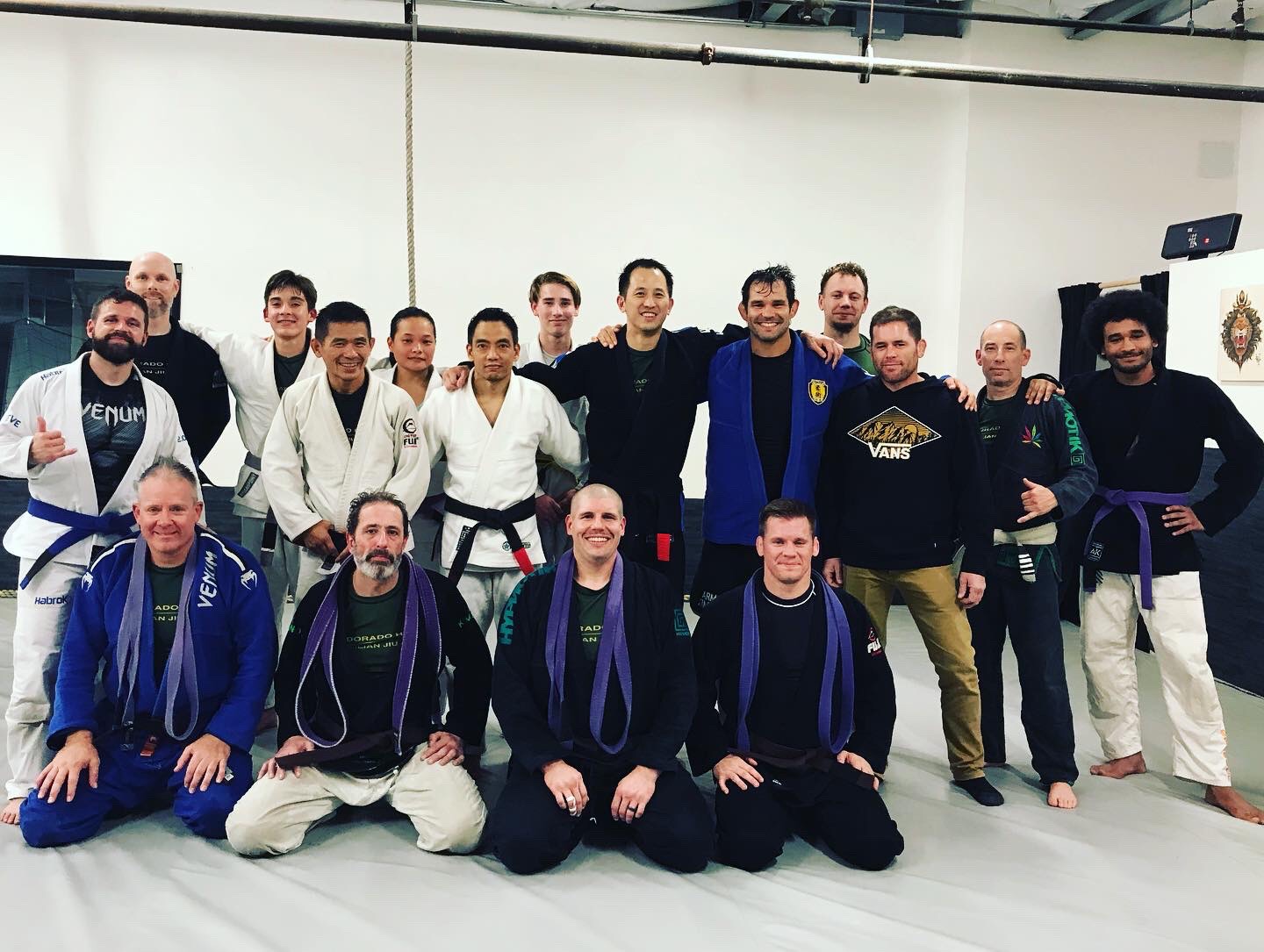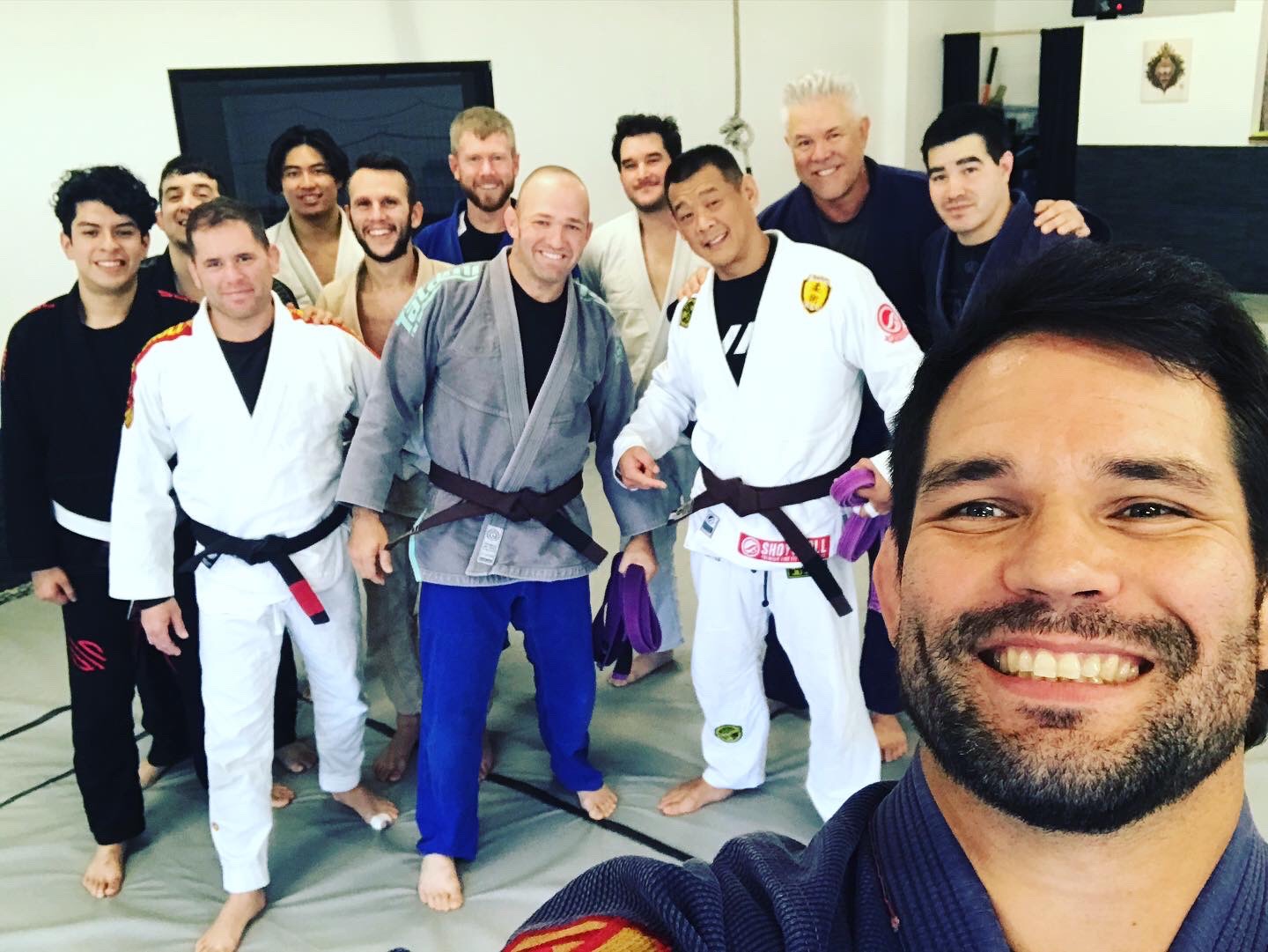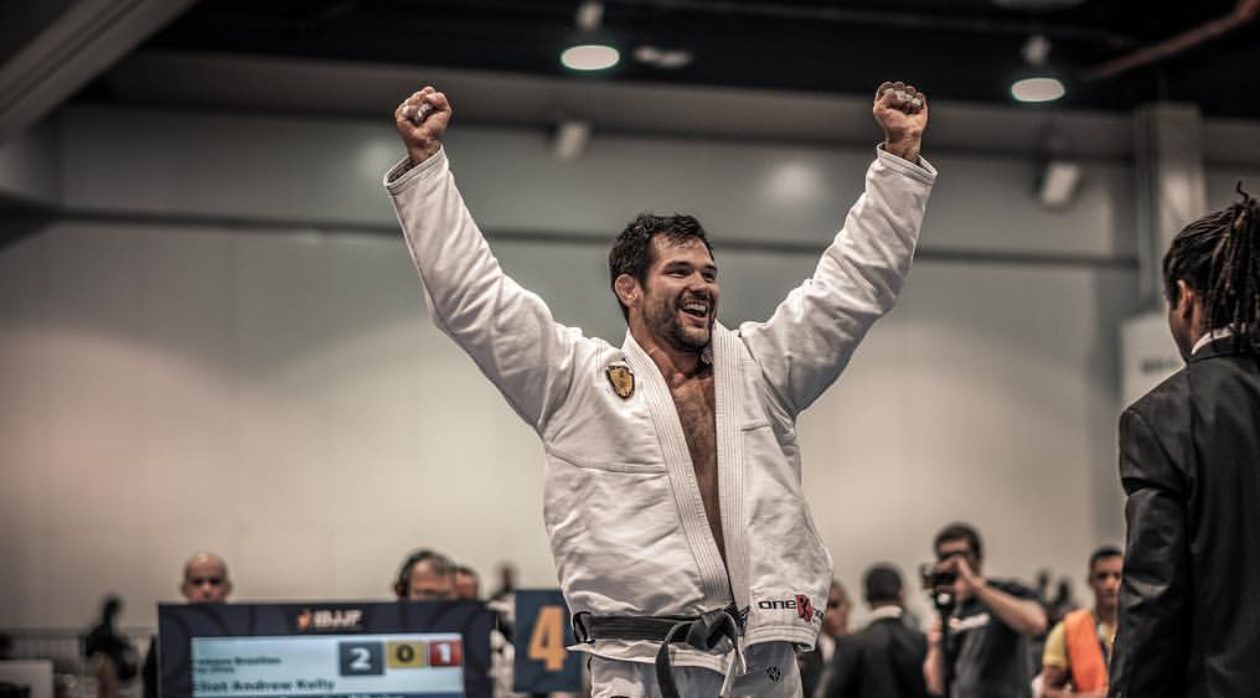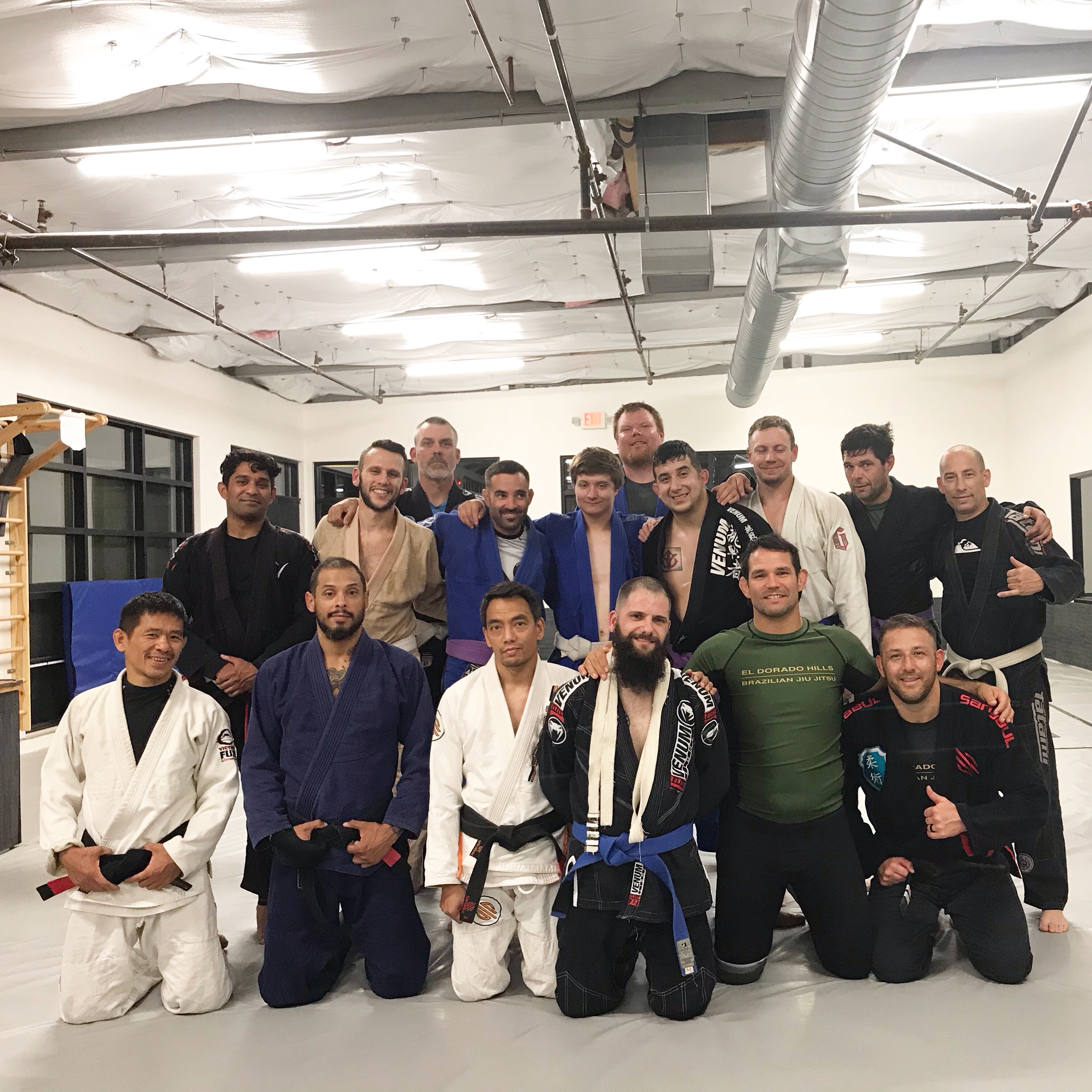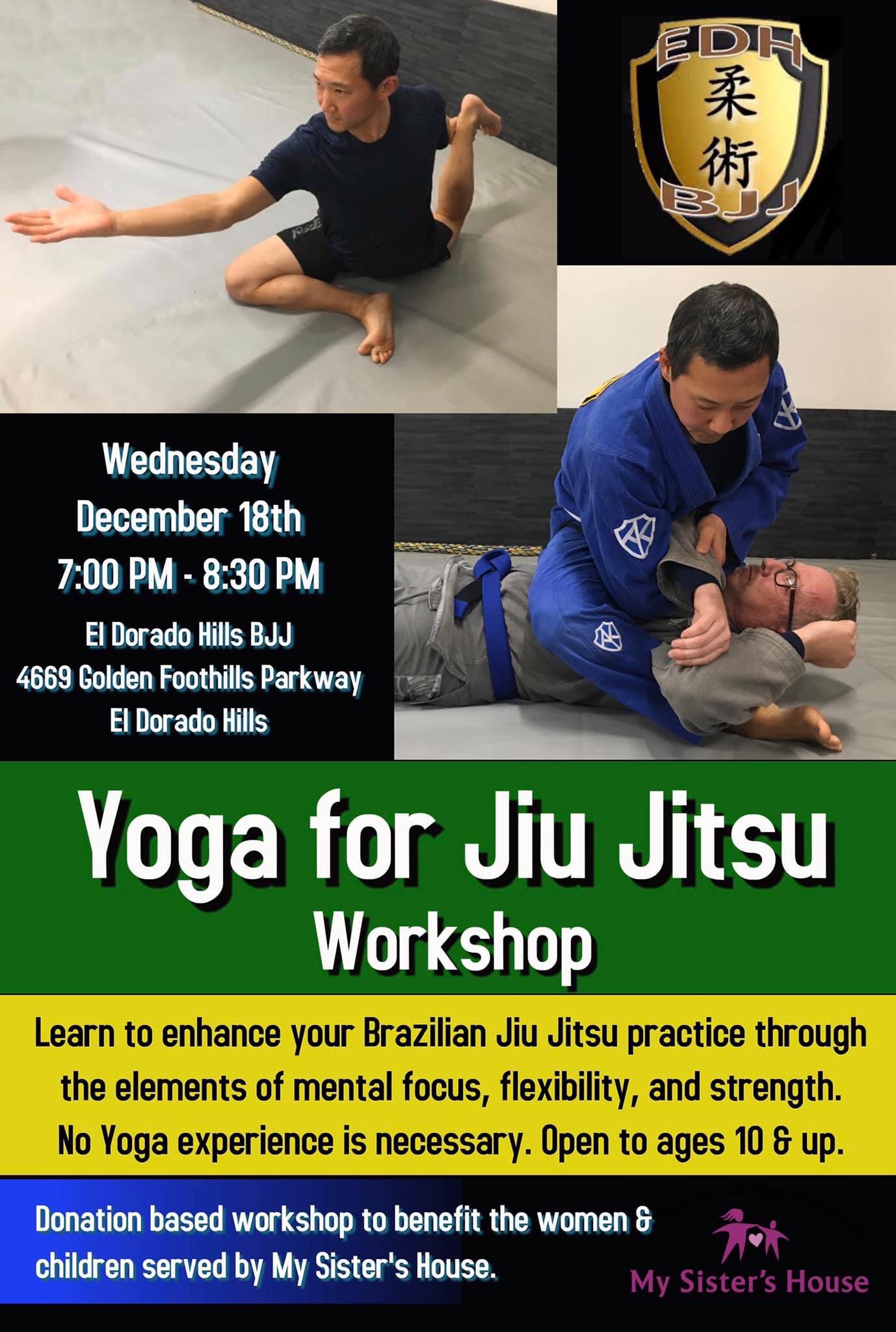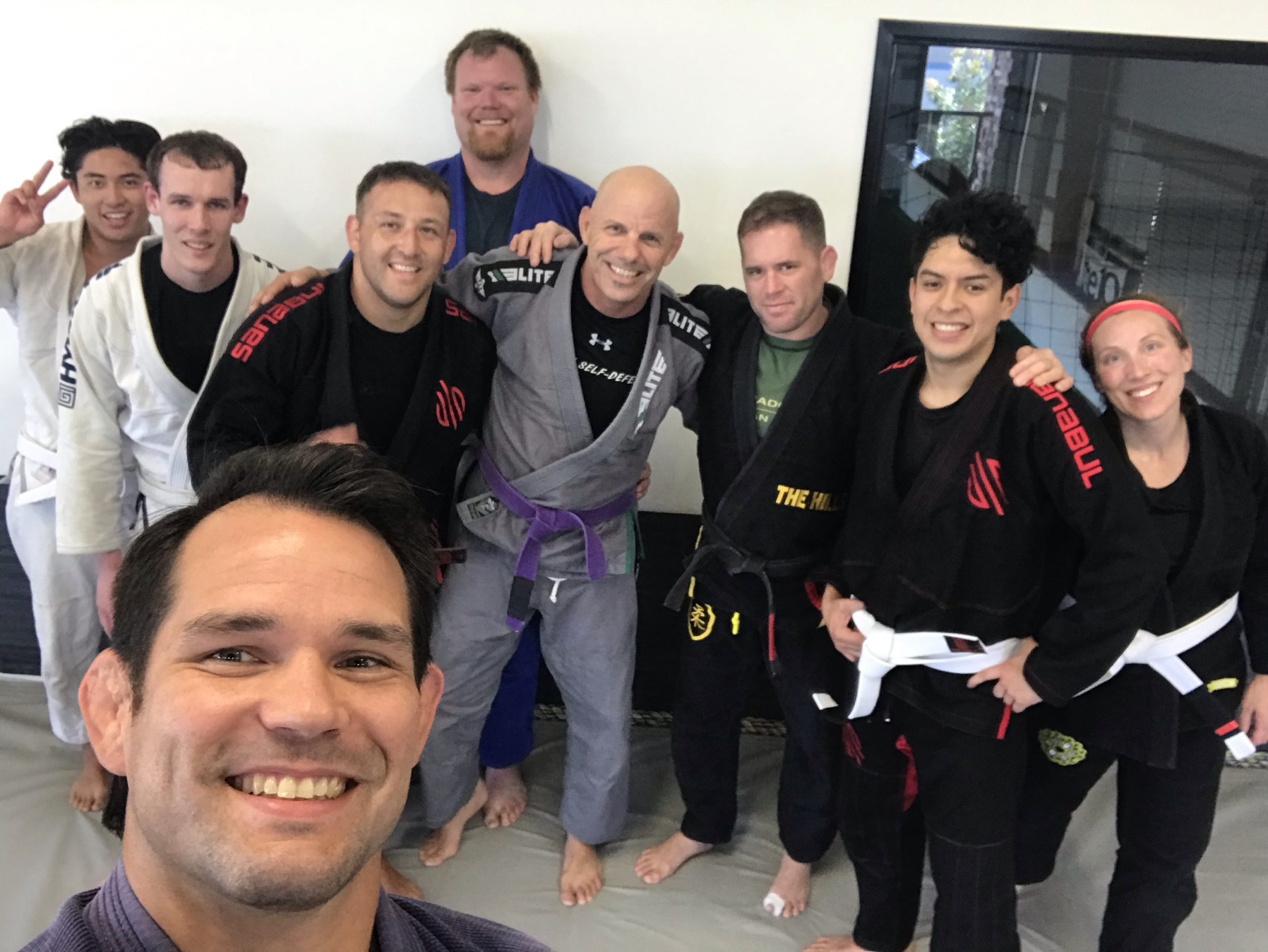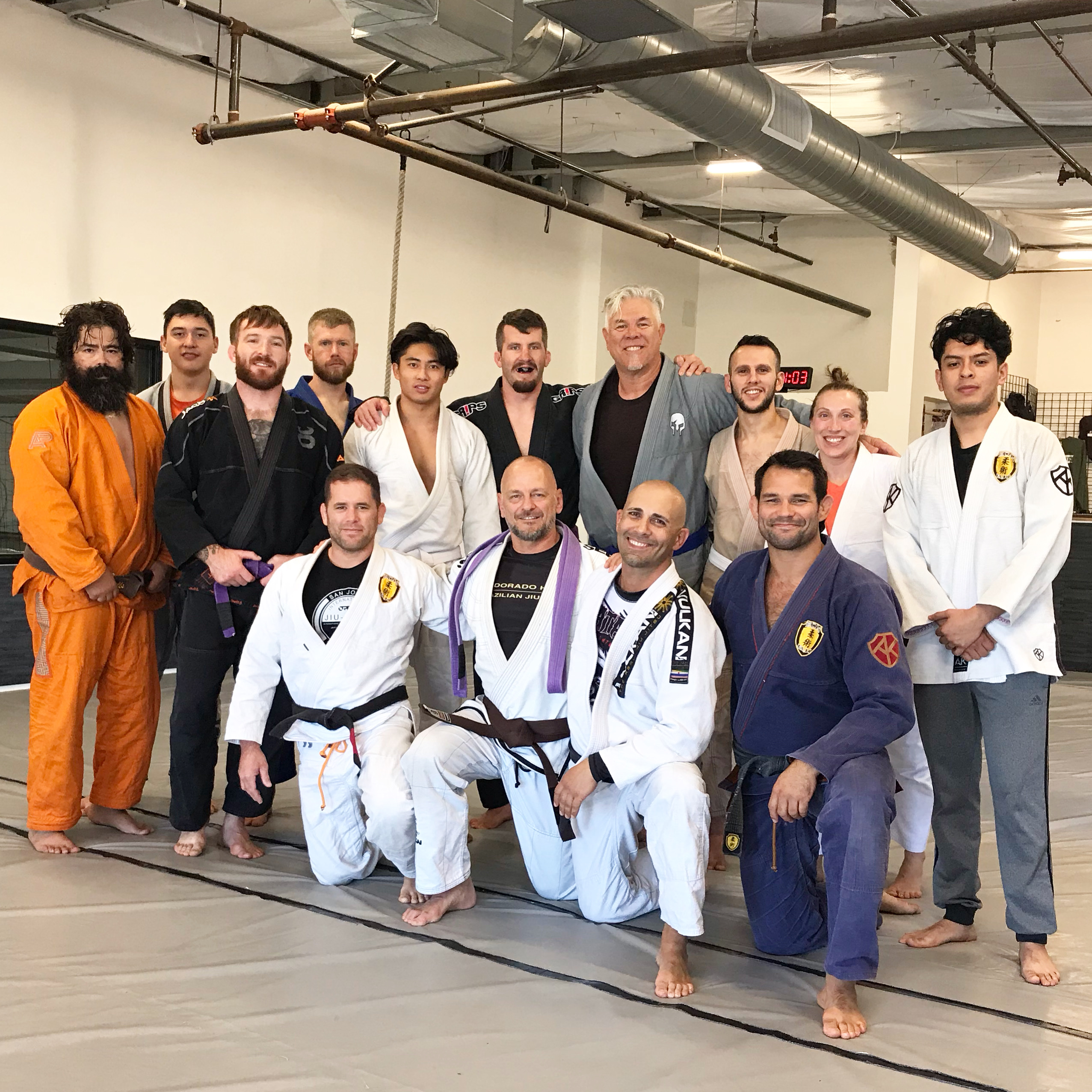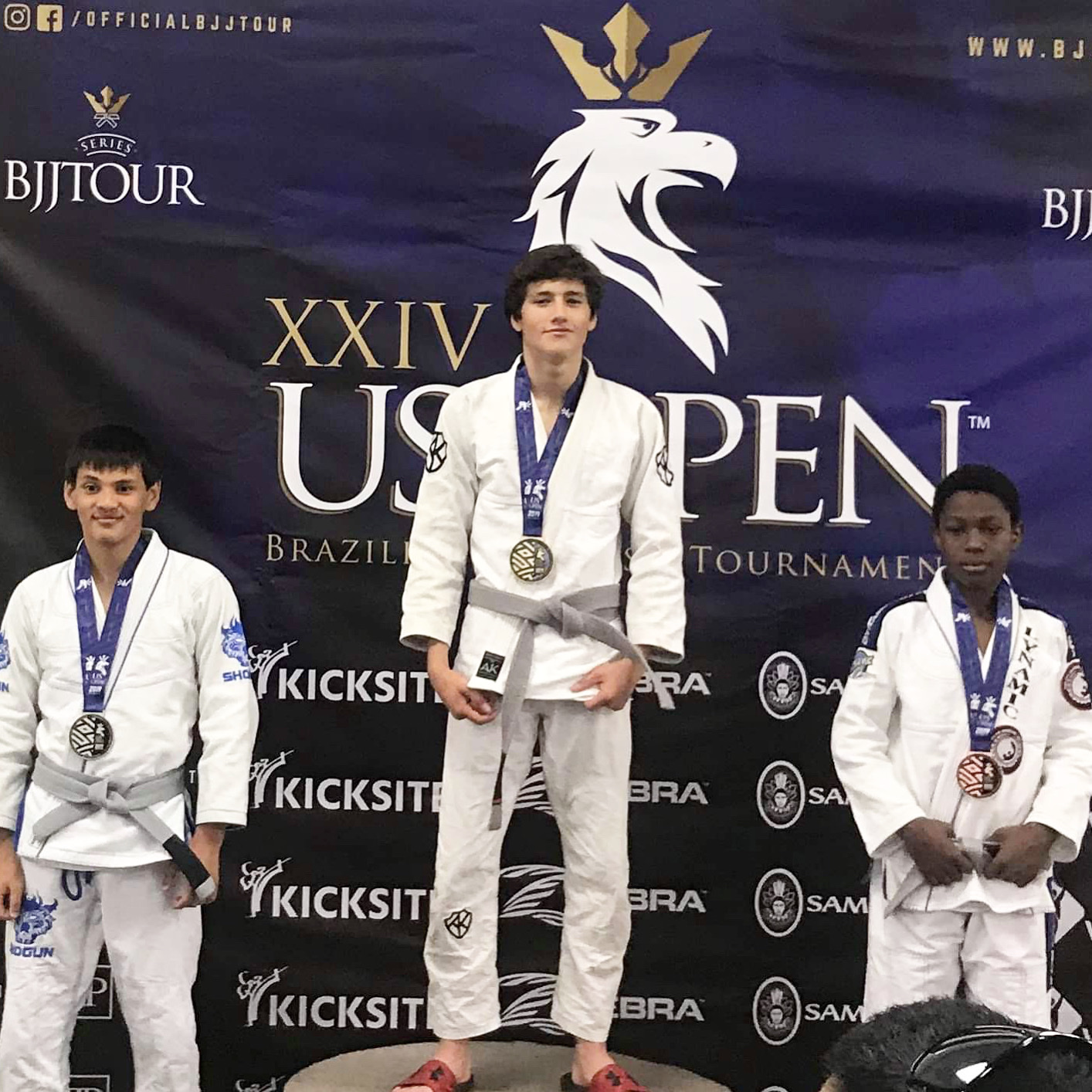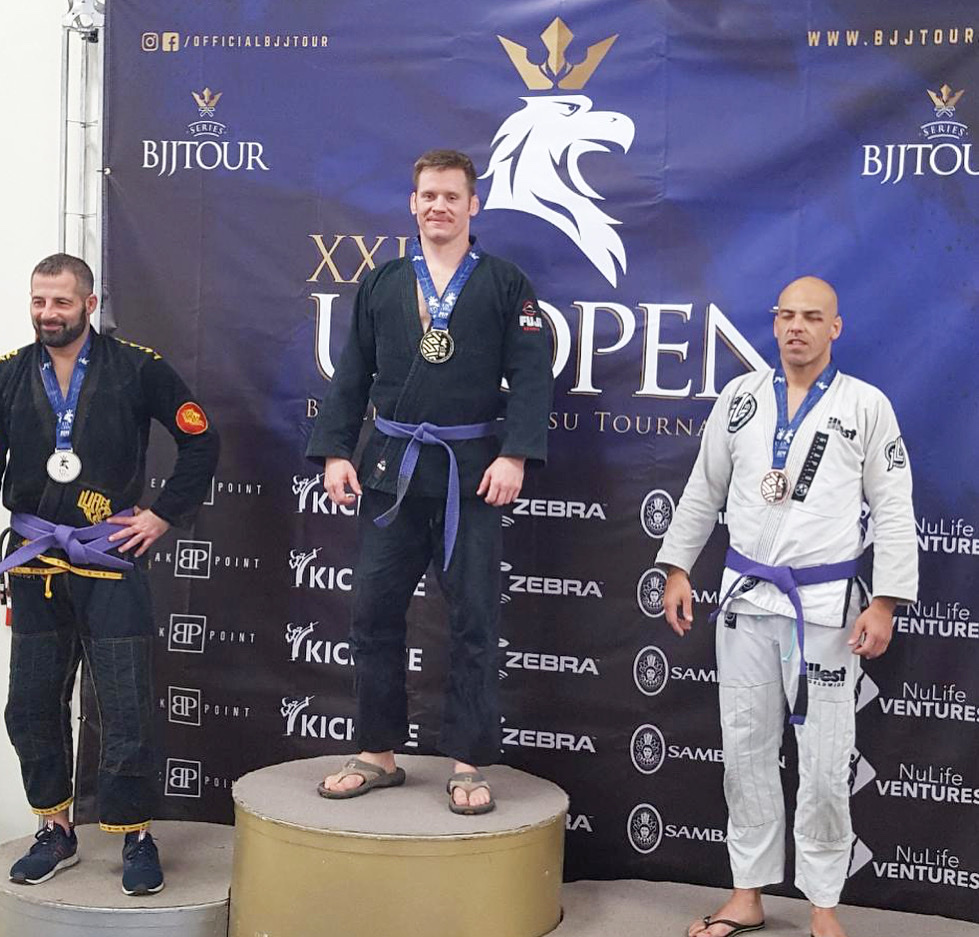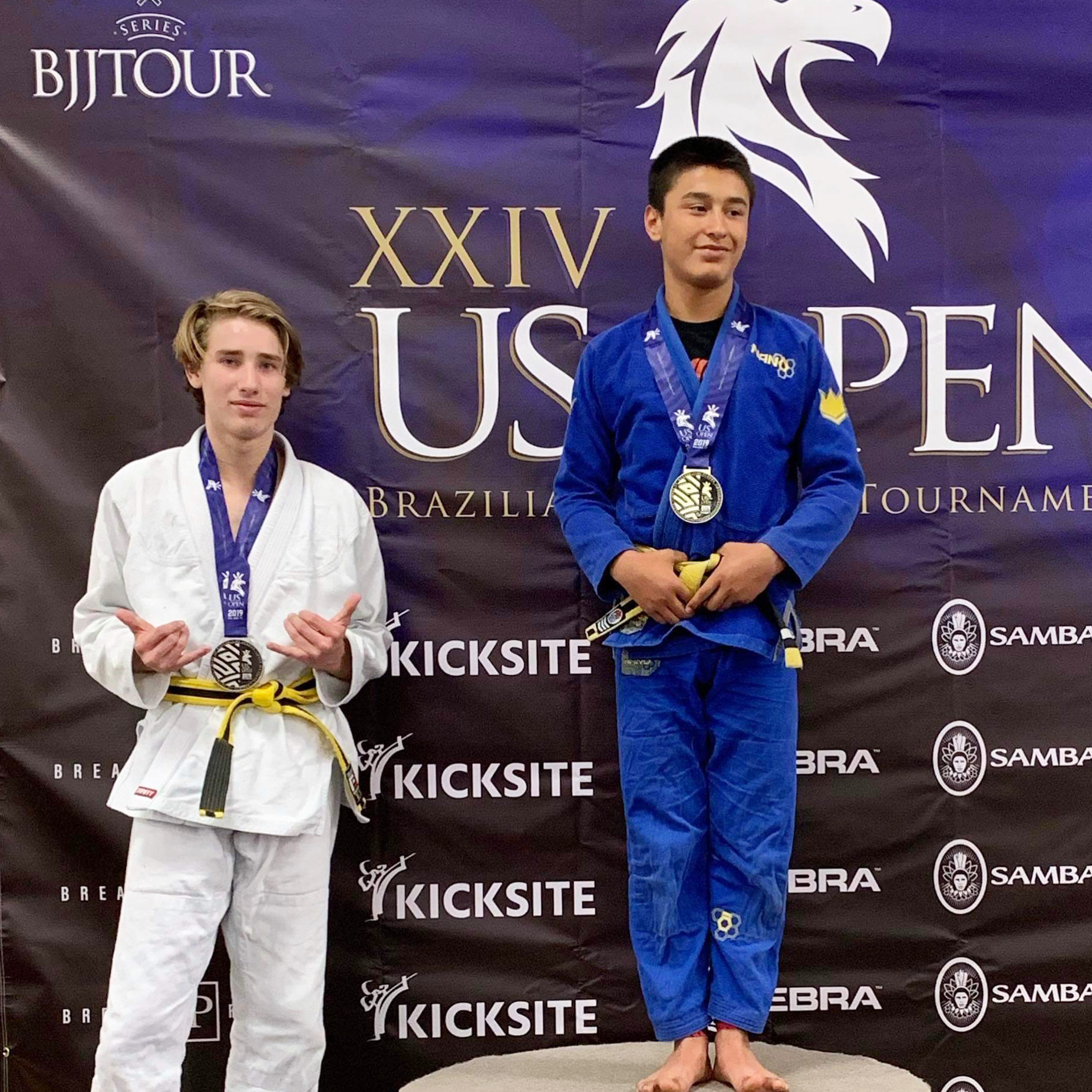If you know someone who needs help during this power outage, please read this!
Hey neighbors, I’m looking to put together supply runs for people in the Placerville/Pollock/nearby areas who need things like flashlights, batteries, gas, water, a cooler with some ice, and other basics. I’ve been hearing non-specific stories about that need, but I want to actually put a plan in action, and I’m hoping to make a run this evening (10/10).
My name is Jesse Jones, and I’m just starting up a group called Placerville Make Things Better, and I figure this power outage is as good a chance as any to get moving. If you or a neighbor need things from the following list (or something similar), please either text or call me at 916-258-2297.
- Water
- Ice
- Cooler
- Gas
- Propane
- Batteries
- Flashlight/lantern
If there are some commonly-needed basics I should add to that list, let me know, but I’d like to keep a good supply of more general goods than try to hit everyone’s specific needs.
Now, the second part: I need donors and volunteers. If you just want to chip in $5 or $20 to help buy supplies, I set up a PayPal pool here: https://paypal.me/pools/c/8iYeZeZriE
Also, if you have an old cooler, extra gas cans, maybe some of those 5-gallon Alhambra water bottles, etc., I can take some quick donations of those to redistribute to people. I can’t guarantee I’ll get them back, but put your name and number on it, and I’ll try to get them back to their owners when this is all over.
If you have time to actually organize and make a supply run, let me know that, too. I’ll be setting up some Google Docs to track the requests I get, and I’ll try to keep them organized.
You guys are an awesome community, and I’m sure we can make a few people get along better with just a little bit of help on our part. Call me with any questions: 916-258-2297 — supporting Placerville.
